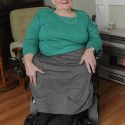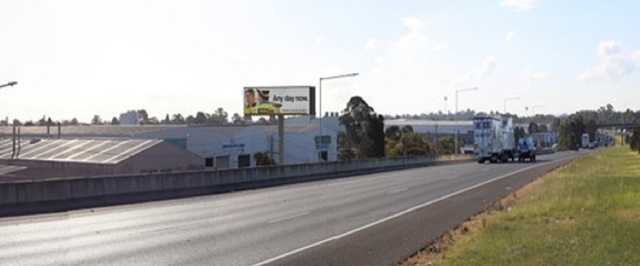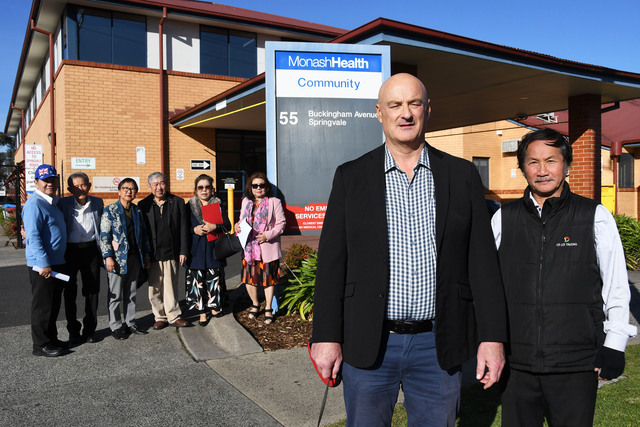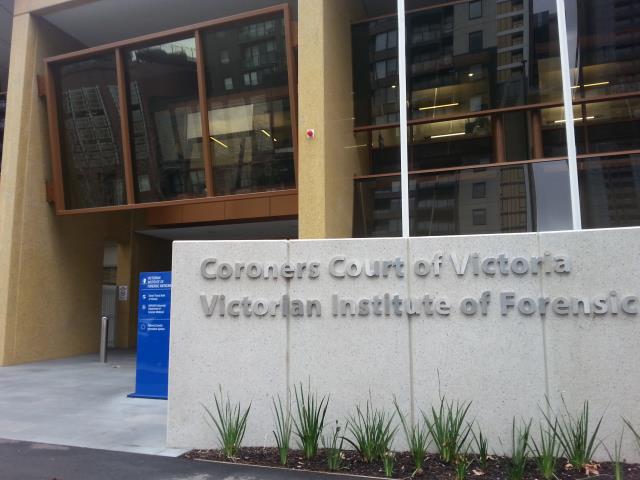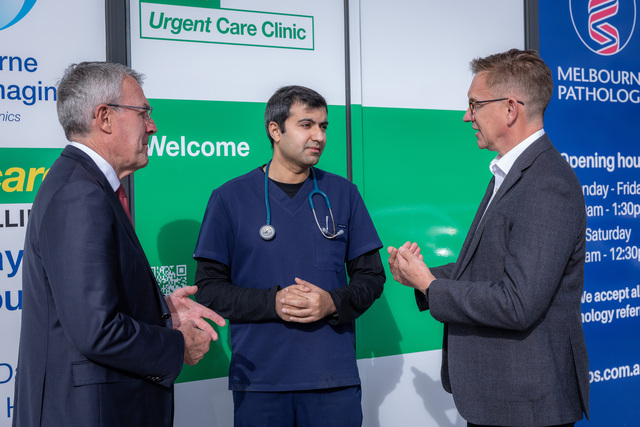By Cam Lucadou-Wells
Lyn Bates is living proof that polio is far from eradicated.
The Noble Park retiree contracted polio as a child – on the tail-end of the 1940s and 1950s epidemic.
In recent years, the incurable disease has become more imposing. Ms Bates, once used calipers and crutches, but now depends on a motorised wheelchair.
Her crutch- wielding arms are worn out from “being my legs” for so many years.
She has had to give up driving her modified car, and order taxis to get around.
“It’s a knock to your ego,” Ms Bates says.
“You suffer a lot of pain, a lot of fatigue – that’s one of the worst parts.”
This month, Polio Australia is holding an information session on the late effects of polio, how to manage it and get in touch with support services.
For instance, there are specialist doctors, orthotists and occupational therapists to help make life easier.
“We encourage people to come to these seminars to learn about what’s available,” says Ms Bates – who is co-convenor for a regional polio support group.
“A lot of people don’t know they can get these things, partly funded by the Government.”
Like others over 65, Ms Bates however is not eligible for the National Disability Insurance Scheme.
It’s a mystery how Ms Bates contracted the illness as a six-year-old. She was the only person in the small country town of Newry who went down with the disease.
She was kept in isolation in hospital for about two months. She remembers seeing her family come to visit at a distance, tapping outside her ward window.
But like many polio sufferers, she stubbornly wanted to prove she could do things.
She moved into the city, forged a long working life in offices and lived independently in her own flat.
Ms Bates says anti-vaxxers should note the disease’s crippling consequences and its prevalence in other parts of the world.
“If we don’t continue to get our children immunised, we will get polio back again.
“Many go travelling into countries like India and Pakistan where polio is still quite rampant.”
The information session is for people who had Polio, along with their families and carers, on July 27 at the Jan Wilson Centre, Halton Rd, Noble Park from 1.30-3pm.
Register online at http://bit.ly/InfoSessionNP, or contact Stephanie Cantrill at Polio Australia on 0466 719 613 or steph@polioaustralia.org.au.

